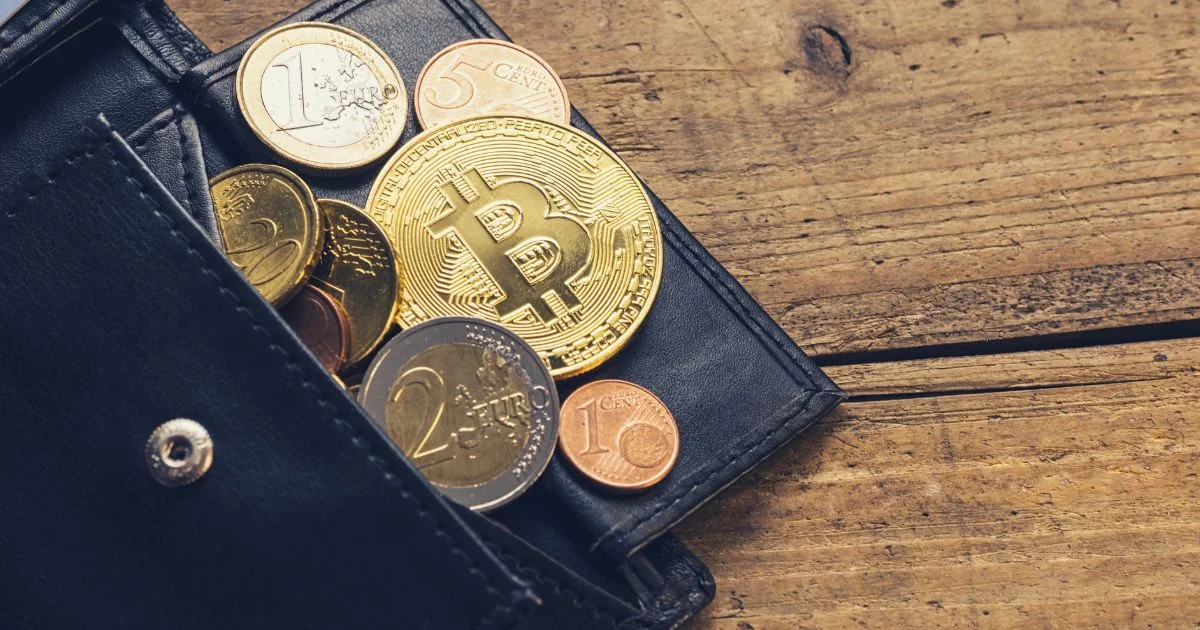8 Most Common Cryptocurrency Scams and How to Avoid Them
Like this project
Posted Dec 26, 2023
Wrote a long form blog post, 3000+ words, about crypto scams. The process involved researching, drafting the post, editing and posting.
Likes
0
Views
34
Clients

Geekflare

security measures for cryptocurrency
In the last decade, cryptocurrency has become a goldmine – to make extreme wealth for investors, traders, and even crypto scammers.
Over the previous few years, multiple crypto coins have flooded the cryptocurrency industry, with bitcoin still taking the lead.
On November 10, 2021, the bitcoin price skyrocketed to an all-time high of $69.000.

bitcoin price
And yet crypto scams continued to top as one of the significant ways for crypto loss. Federal Trade Commission reported the highest loss of all times through crypto scams mid-last year.
The crypto loss was worth $82 million, ten times more than the previous report. With crypto scams reaching a new high, it’s high time for crypto investors and traders to know what they are up against.
Here are some of the common crypto scams you are likely to encounter.
#1. Fake Websites
They are one of the main ways scammers will try to get away with your crypto. They will set up a phony website that looks very similar to legitimate websites. The branding, the domain, almost everything that legitimate websites have.
With imposter websites like these, it’s nearly impossible for you to tell the difference only if you have a keen eye for details.
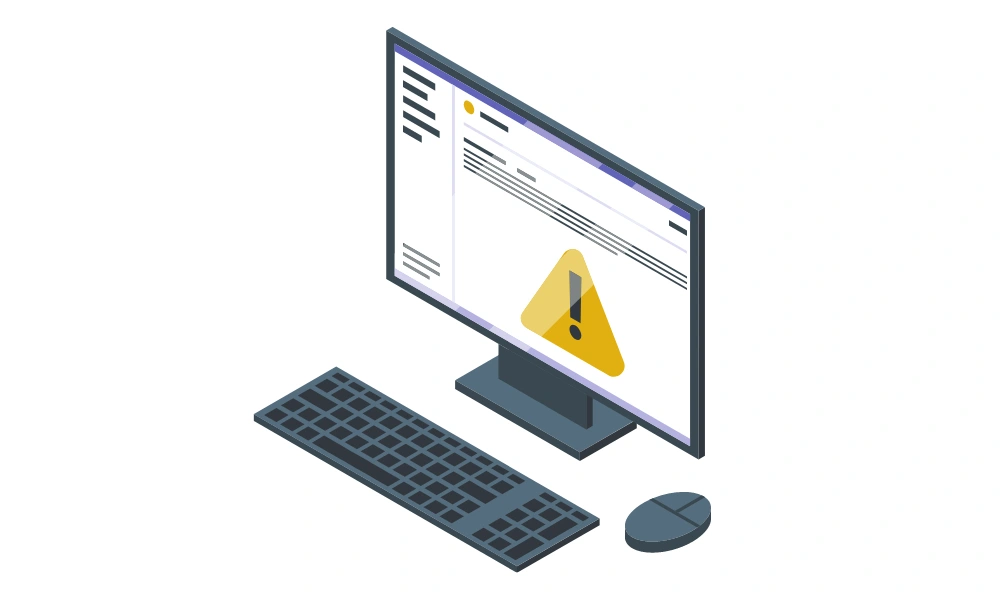
fake website
In most cases, the scammers will use fake domains to lure you into their sneaky traps. Domain names look so much similar to that of the original websites. But how do you tell the difference between fake and real domains? By taking your time to look for the devil in minor details.
In most cases, these domain names use letters similar to numbers in the real domains and vice versa. For example, replacing the letter’ i’ with the ‘l’ or the number ‘1’.
#2. Email scams
In 2020, email users eventually reached 4 billion users globally. With this number estimated to be more than half the world population. Thus making it one of the significant ways for scammers to reach out to potential victims.
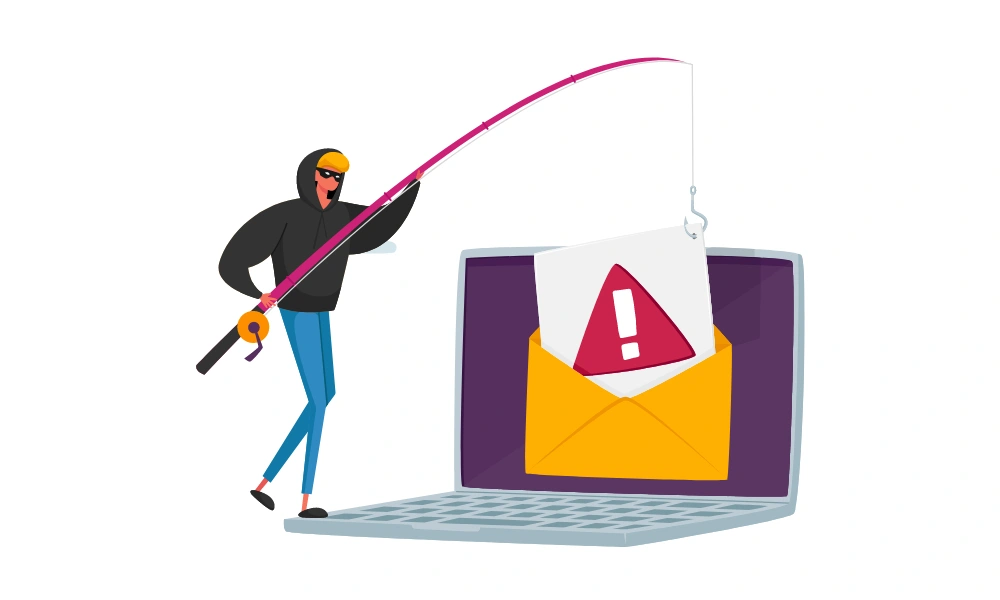
email scam
Scammers, just like with the websites, will create convincing imposter emails. Emails are so much similar to the original. To avoid falling for these scams, always take a step further to confirm their legitimacy. And how do you do this? Look for anything suspicious about the email or directly reach out to a legitimate organization for inquiry.
#3. Social Media Scams
With many users joining social media every year, these platforms have become a haven for crypto scams. Don’t engage if you come across a text or a post on social media. Any tweet or text that requires you to send crypto is simply a big scam waiting for you.

social media scam
They might also be from your favorite celebrity or your closest social media friend. These accounts may be imposters or even impersonating bots.
#4. Fake crypto Apps
Often scammers will create fake crypto apps. Crypto apps promise you to make crazy crypto profits by using them. You will find some of these apps in the Google play store and even the Apple store.
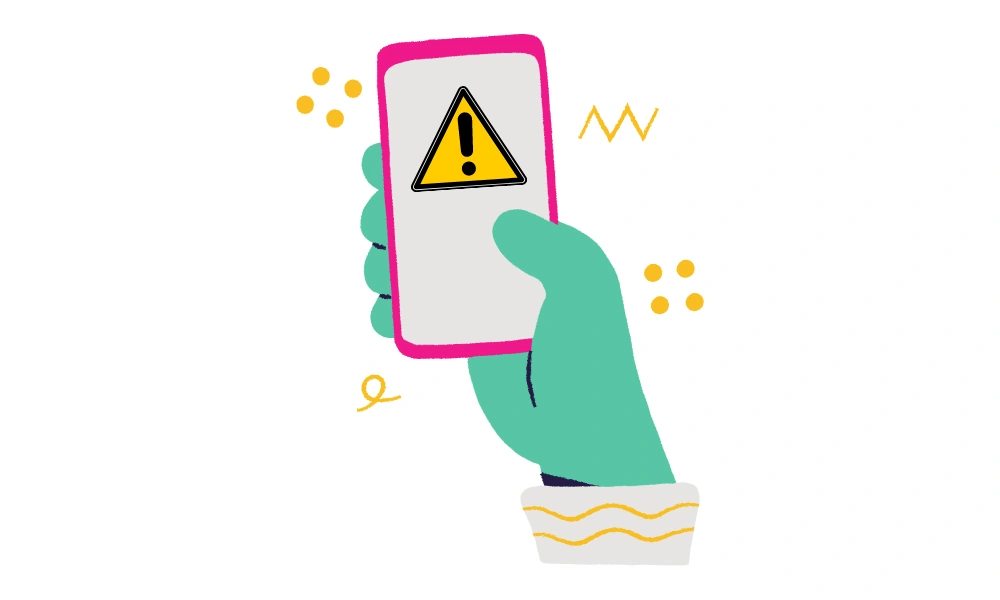
fake app
Report them directly to the necessary stakeholders if you come across these apps. Also, before you enthusiastically download an app in any store, take your time and carefully read the reviews.
#5. Extortion Scams
Often crypto scammers will contact you and try to blackmail you with some compromising personal information like texts, videos, photos, or personal information sourced from the internet. They are also known as blackmail scams.

Immediately you spot an extortion scam, here are some simple steps you can follow.
To check for any malware attacks or intrusions, scan your device.
Is it an email? Report it as spam.
If the private information is your password, then change it.
Contact relevant authorities to report these scams.
#6. Giveaway Scams
Often you will come across some giveaways on most social media platforms by celebrities or highly followed social media accounts. Scammers have noticed this trend and have started to establish it.
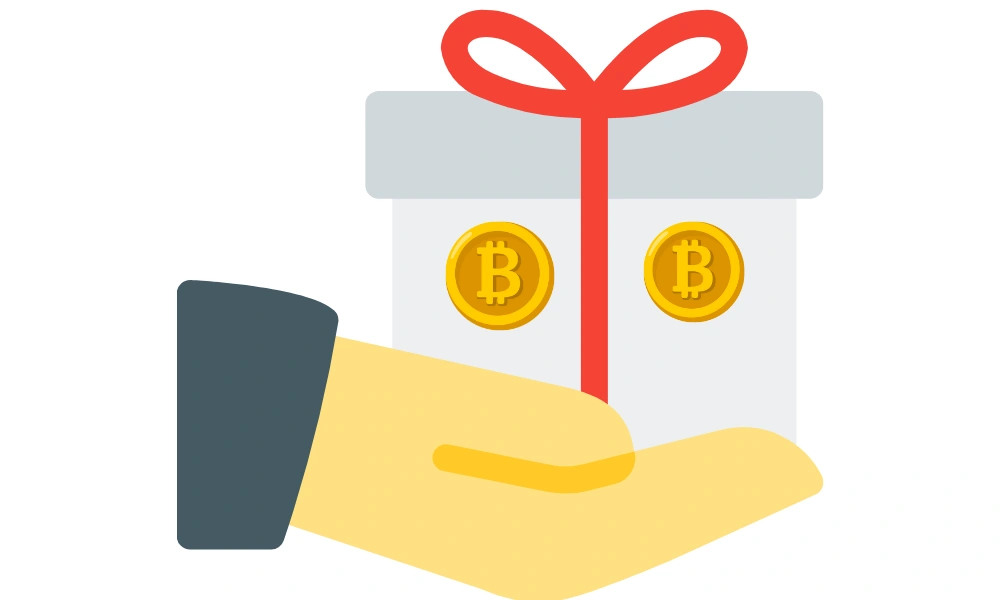
bitcoin giveaways
The scammers will use these giveaways as bait and eventually to their trap. As soon as you respond to these giveaways, they will need you to send some crypto to verify your address. And they will promise to give you even more after the verification. But after sending your crypto, you slowly start to realize you have fallen victim to a giveaway scam.
To be on the safe side:
Always be skeptical about crypto giveaways.
You don’t have to send crypto for address verification. So don’t do it.
When giveaways sound too good to be true, they probably are.
#7. Technical Support Impersonation Scams
They are scams associated with fraudsters pretending to be technical support agents for crypto investors and traders. They will impersonate customer support from your favorite crypto entity. Like in most scams, the scammers will try to take advantage of you. But this time pretending to provide you with the best solutions for your crypto problem.

tech support impersonation
Also, they might reach out with a false claim meant to manipulate you. So stay woke when dealing with any technical support staff.
To avoid a technical support scam:
Don’t give your private details – your username or your password- to a support staff
Don’t allow for any remote access to your crypto account or machine.
Hang up if you can’t verify a claim from a support team.
#8. Investment scams
As the name suggests, these scams are all about investing. Scammers will create fake investment pitches that send you to their phony crypto websites. They will try to sell you their “lucrative opportunity” and invite you to invest.
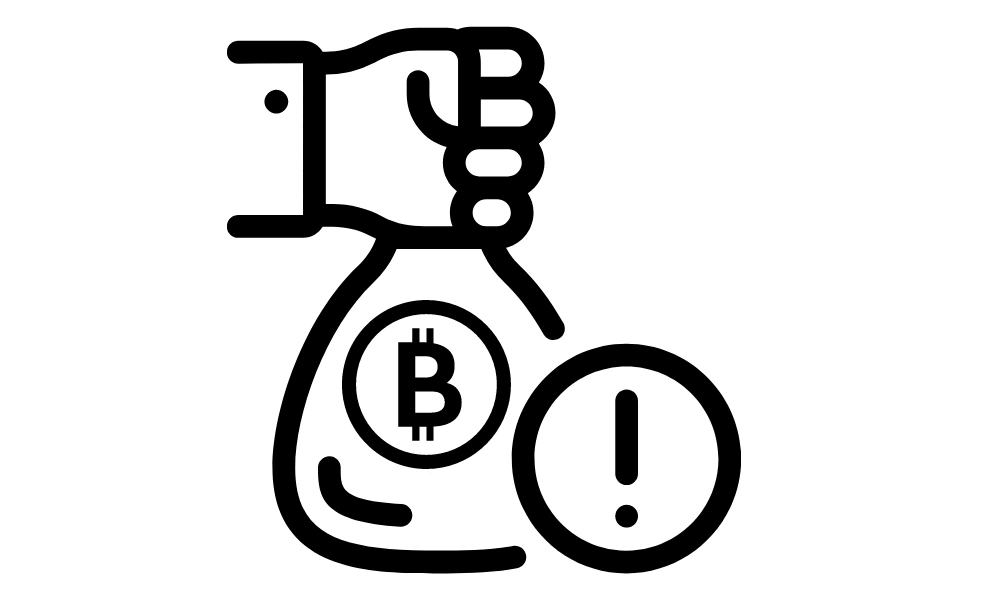
investment scam
Here are the two main types of investment scams you should know:
Exit scam – A company will raise money with an initial coin offering (ICO). But it later exits after stealing the funds without having created a product.
Rug pull Scam – Here, a new coin is created and introduced in an exchange list. After people have swapped their crypto for the new one, the developers terminate the project.
Now, you know some of the crypto scams and thefts. But how do you avoid falling victim to these cases as a crypto investor or trader?
Here are some crucial security measures you can quickly and personally implement to keep your crypto safe.
Store your Crypto in a Cold Wallet
A cold wallet is a hardware wallet—an entirely offline physical wallet for storing cryptocurrency. In most cases, these wallets take the form of a USB drive.
But why are cold wallets so secure? Unlike hot wallets, cold wallets store crypto entirely offline, making them less prone to cyberattacks. When choosing your cold wallet, choose an encrypted one. They keep your crypto even more secure.
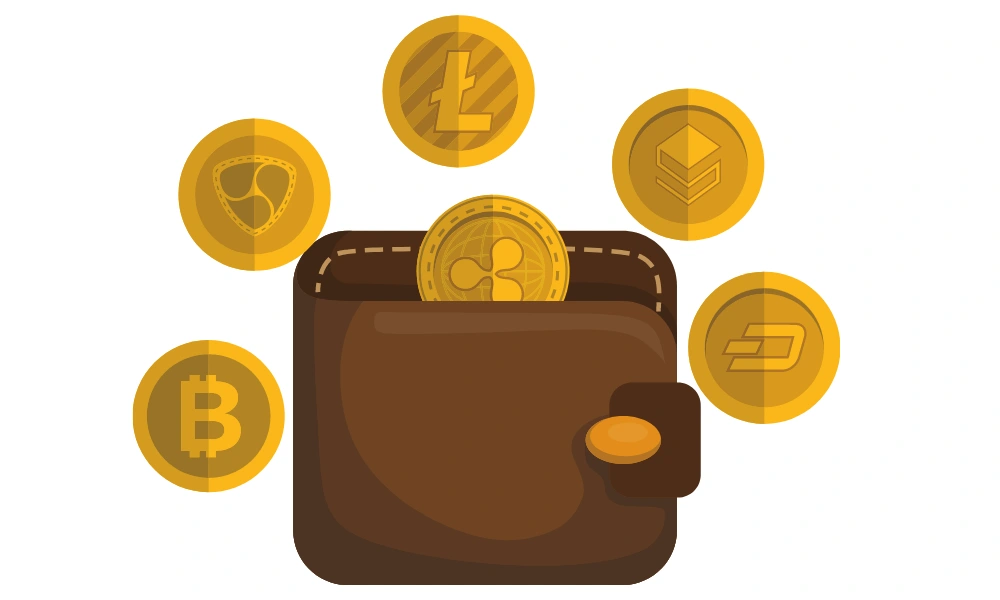
crypto wallet
One instance that proved cold wallets to be remarkably secure was in 2019. BIT point, a Japanese exchange organization, reported crypto loss amounting to $32 million from their hot wallets. These hot wallets held Ethereum, Ripple, Bitcoin Cash, Bitcoin, and Litecoin. But looking into their cold wallets, they realized the crypto stored was still intact.
Store your Crypto in Multiple Wallets
It’s just like the saying goes, “Don’t put all your eggs in one bucket.” Without any limitation to the number of wallets you can create, you can have multiple wallets to diversify your portfolio.
With crypto theft on the rise, two wallets or more will prove more secure – one wallet for your daily transactions and the other(s) to secure your crypto portfolio. If one of your wallets gets affected, the others will help brace for impact.
Use multiple strong passwords.
Never use a single password for all your accounts. A study undertaken in the U.S showed more than 70% of millennials use a single password for most of their accounts. If the security of one account gets breached, it leaves the rest vulnerable to attacks.
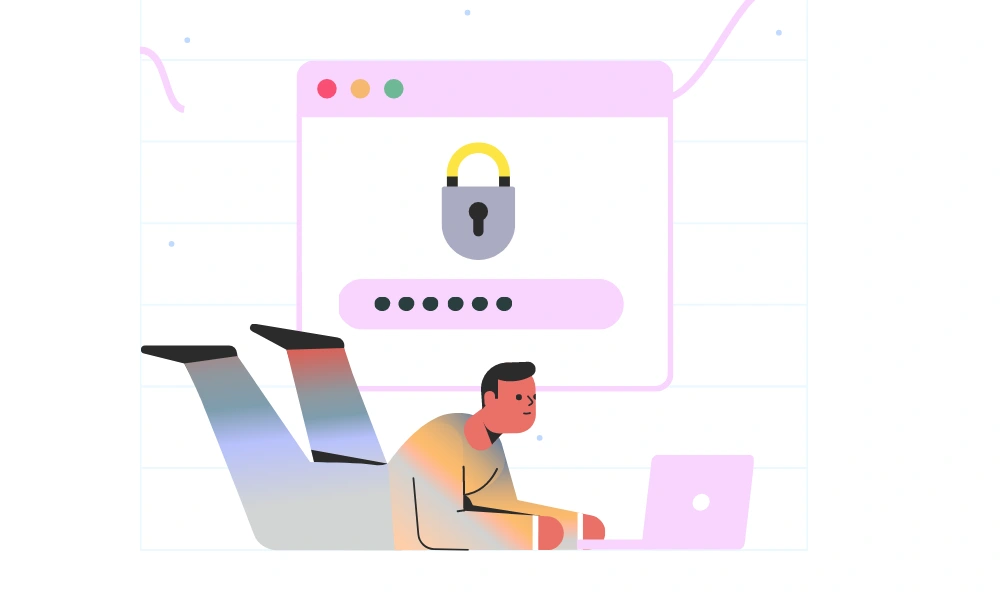
strong password
Security specialists advise using a sound and tried system to secure crypto accounts. Also, to better safeguard your crypto, use a unique and strong password for each account. If you think having multiple passwords is too much of a hassle, you can use a reputable password manager.
Use secure internet only.
Are you aware that one in every three people experience a cyberattack every day? With most of these cases targeting devices connected to an insecure internet? Yes! That’s how vulnerable your cryptocurrency is when connected to unsecured internet connections.
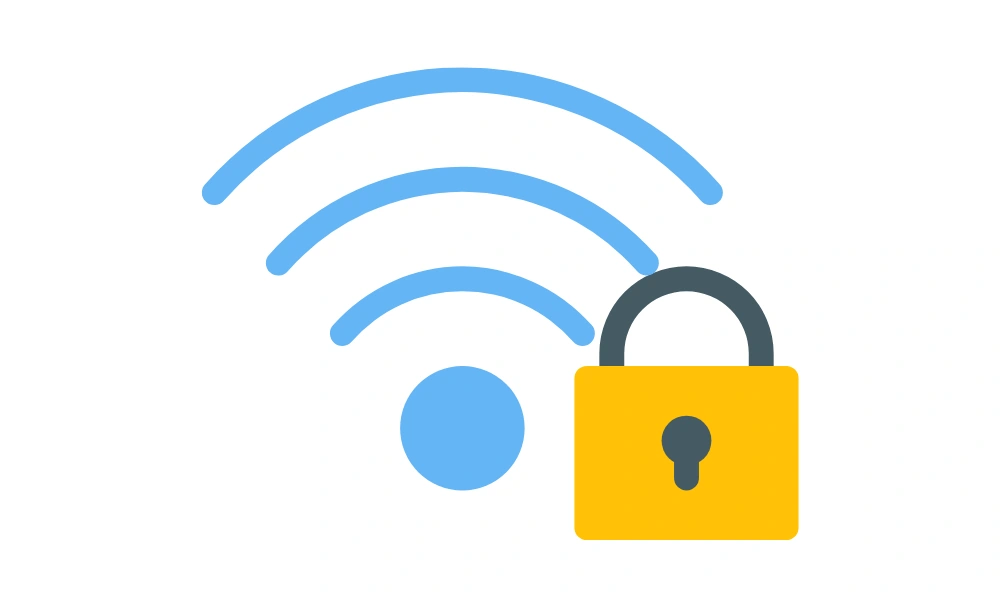
secure internet
But how do you avoid these attacks? By consistently using secure internet connections when dealing with your crypto. Altogether avoid insecure networks like public Wi-Fi connections.
To add extra security to your crypto, you can use a VPN. With a VPN, you can easily change your device location and IP address, making it highly secure in navigating the internet.
Don’t share your private key.
What is a private key? It’s a key used to confirm the people exchanging crypto are the actual owners of the crypto wallets. To keep your crypto secure away from scammers, keep your private key a secret. Hoffman, chief officer for information security at Netenrich, says, “The only way to truly secure your private key is to store it in cold storage. Then erasing any digital traces of the key.”

private key
Cold storage can be anything from written paper to a printable. Anything hardware is prone to malicious attacks from hackers.
If you want to recover your erased or forgotten private key, you can use a semi-fail-safe tactic. It uses seed, randomly generated words to leverage your lost or forgotten key.
Don’t use provider-hosted wallets.
These are wallets that are provider-hosted. They allow storage of your private key on the provider’s servers. It might sound like a hassle-free method for storing your private key, but it’s the most insecure. Using hosted wallets means you give away any control of your private key.
But why are provider-hosted wallets so risky? Hosted wallets store your private keys on the provider’s servers. Storing your private key in these servers opens them to a whole lot of risks. Risks like cyber-attacks, take over by the government or a legal entity, or even a business failure. The key to avoiding all these risks is to use cold storage for any of your private keys.
Avoid getting phished
Phishing is online fraud in the form of traps that attempt to get hold of your crucial data, like credit card numbers or passwords. These online traps come in fake emails, malicious websites, or tempting ads. Phishing scams rank top of the list as one of the most common scams in the cryptocurrency industry.
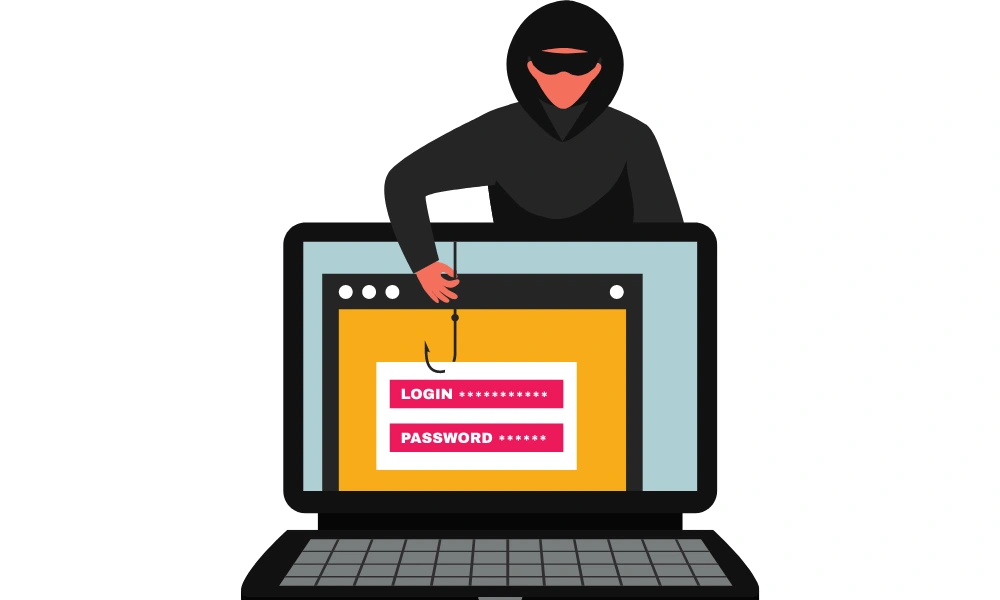
To prevent getting phished:
Avoid unknown or suspicious links.
Don’t fall for ads that sound too good to be true.
Never give out any personal information about your cryptocurrency.
Always double-check for legitimacy before giving out any crypto information to websites, apps, or emails. For instance, always check for any suspicious domain names when using a website. Scammers create imposter websites using domain names pretty much similar to legitimate sites. And to make it even worse, their branding is so much like those of legitimate websites.
In 2018, crytpocore, a hacking group, used phishing scams to get away with over $200 million worth of crypto. The phishing scams were in the form of fake domains and emails that impersonated those of legitimate organizations.
Regularly check for any intrusions.
Always check for any intrusions on your gadget, either your PC or phone. For instance, you can quickly tell the default programs when installing a new operating system on your PC. These default programs will automatically run in the task manager. By doing this, you can easily tell when your PC is under any intrusion. Moreover, you can do this with your other devices too.
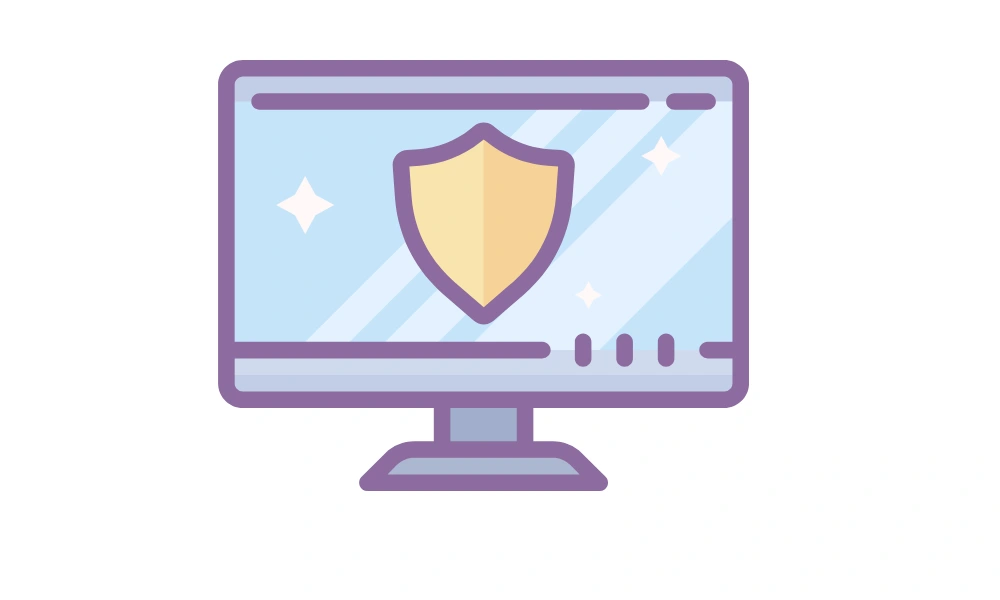
intrusion detection
Hackers intrude on your device and silently wait for you to engage your crypto accounts. And voilà! They have your passwords, private key, and other crucial crypto data instantly.
Have one device for cryptocurrency
Do you want to step up your crypto security? Having a single device for your crypto activities will do just that. Use a single device, phone or pc, for sending, receiving, and accessing your cryptocurrency.
Why a single device? If you think about it, it’s easier to manage the security of a single device than managing security for multiple devices.
Deal only with reputable Crypto entities
With an impressive reputation comes trust. Therefore, before working with any crypto entity, ensure its reputation is at its highest. But how do you tell a reputable crypto entity? By simply doing thorough background research. Background research on security measures, crypto activities, and past testimonials.
All in all, By choosing to trust a crypto organization, you decide to take a risk. But by doing background research, you somehow reduce this risk.
This step not only goes for crypto entities but also for password managers. Because by entrusting crypto passwords to password managers, you entirely take another risk.
Avoid Hot Tips from Friends
Some friends will try to involve you in some crypto hot tips. Hot tips like cryptocurrency multilevel marketing (MLM) don’t exist. Multilevel marketing is more like a pyramid scheme. It promotes a crypto service or product you advance to a new level with the number of people invited.

hot tips
These tips might sound romantic. But it’s one way that scammer uses to steal your crypto.
So before indulging in schemes and hot tips from your crypto friends, pay careful attention to details to avoid getting scammed. And if the tips sound too good to be true, better stay away and save you cryptocurrency.
Don’t fall for guaranteed returns.
Guaranteed returns are when you engage in crypto deals with high winnings in mind or compensation of the whole amount if you lose. When it comes to crypto, there’s nothing such as guaranteed returns. The cryptocurrency industry is unpredictable, and nothing is a sure bet.

guaranteed returns
Crypto scammers will come up with AI bots. AI bots that guarantee high results by spotting winning trades. And once you fall for these romantic deals, you end up losing your crypto. And with no chance for compensation. Legitimate crypto operations will often remind you that cryptocurrency is a risk before you decide to engage.
Reach out when in doubt
Do you doubt a crypto app, site or email, or even an ad? If you do, reach out to any knowledgeable and experienced person or organization.
If you are a crypto investor or trader, you need several knowledgeable and experienced crypto friends. In addition, you can have friends who will guide you in your journey and possibly save you from falling for a crypto scam. After that, you can join a forum of like-minded people.
You are taking a significant step away from falling victim to a crypto scam by reaching out – a fraud that would may have cost you all your crypto.
Ensure Blockchain Accessibility
If you’re a cryptocurrency enthusiast, you somehow already know that any cryptocurrency operation requires a blockchain network.
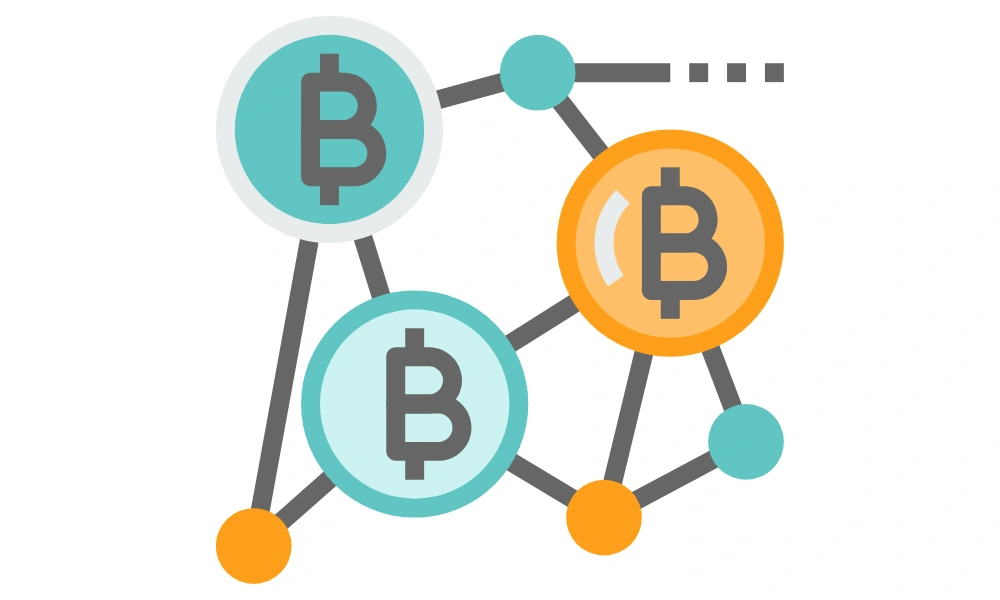
Although scammers will try to convince you otherwise, they will say their blockchain isn’t yet released or is under development. Legitimate crypto projects will operate on a blockchain that’s publicly accessible. A legitimate blockchain network must have a website that allows scanning or exploration of transactions.
Final Words 💰
In a nutshell, the cryptocurrency industry continues to evolve with new security measures getting more advanced. So to be on the safer side, regularly keep updated with the recent crypto security measures. Also, take a step further and ensure you implement the easy basic security measures mentioned above. As Hoffman says, “The security for your crypto almost entirely falls on you as the user.”
You may also be interested in Crypto Platforms to buy Bitcoins.
Want to accept Bitcoin and other crypto as payment on your website? Here are some ways to do just that.
